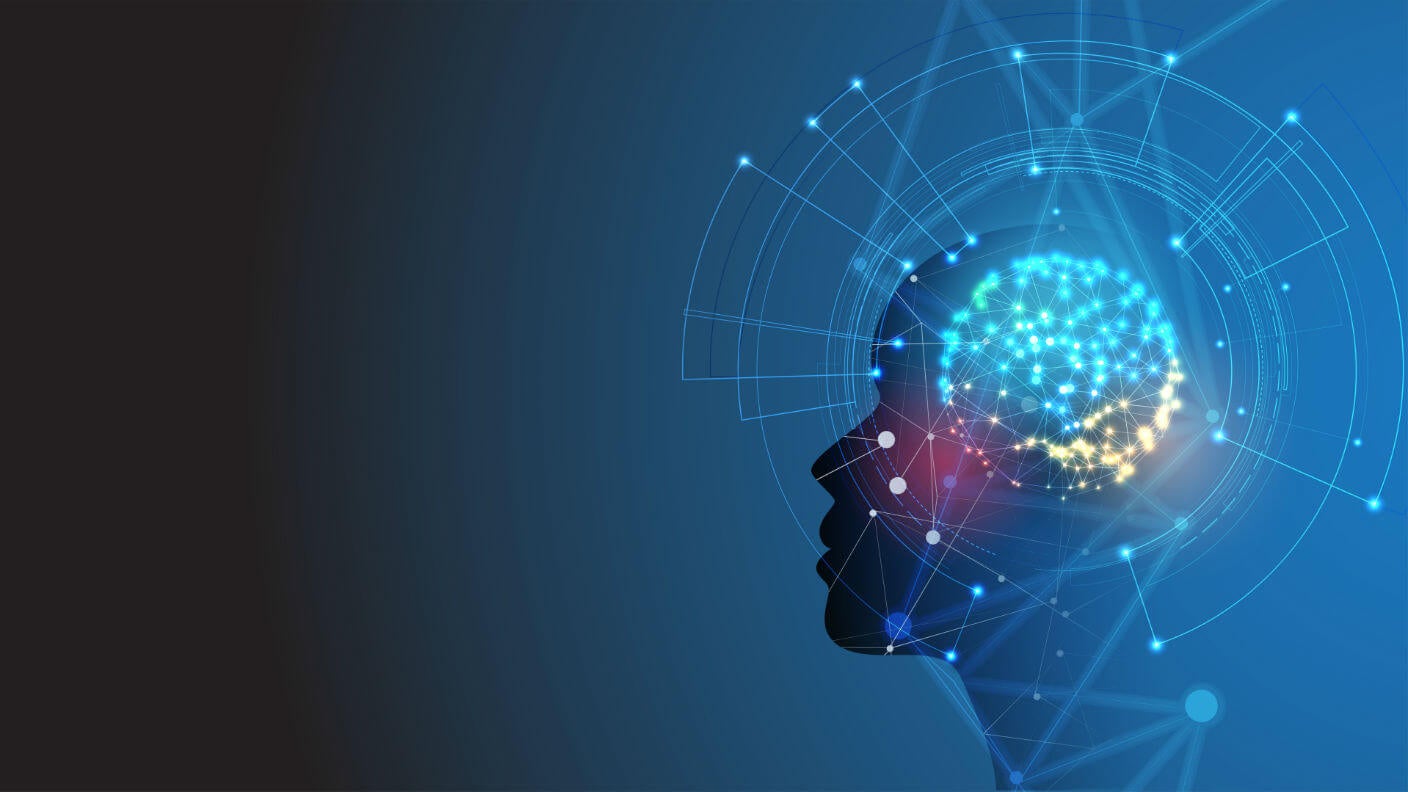
Photo from academic.microsoft.com
Exercising sensorimotor and cognitive functions allows humans, including infants, to interact with the environment and objects within it. In particular, during everyday activities, infants continuously enrich their repertoire of actions,… Click to show full abstract
Exercising sensorimotor and cognitive functions allows humans, including infants, to interact with the environment and objects within it. In particular, during everyday activities, infants continuously enrich their repertoire of actions, and by playing, they experimentally plan such actions in sequences to achieve desired goals. The latter, reflected as perceptual target states, are built on previously acquired experiences shaped by infants to predict their actions. Imitating this, in developmental robotics, we seek methods that allow autonomous embodied agents with no prior knowledge to acquire information about the environment. Like infants, robots that actively explore the surroundings and manipulate proximate objects are capable of learning. Their understanding of the environment develops through the discovery of actions and their association with the resulting perceptions in the world. We extend the development of Dev-PSchema, a schema-based, open-ended learning system, and examine the infant-like discovery process of new generalised skills while engaging with objects in free-play using an iCub robot. Our experiments demonstrate the capability of Dev-PSchema to utilise the newly discovered skills to solve user-defined goals beyond its past experiences. The robot can generate and evaluate sequences of interdependent high-level actions to form potential solutions and ultimately solve complex problems towards tool-use.
Journal Title: IEEE Transactions on Cognitive and Developmental Systems
Year Published: 2021
Link to full text (if available)
Share on Social Media: Sign Up to like & get
recommendations!